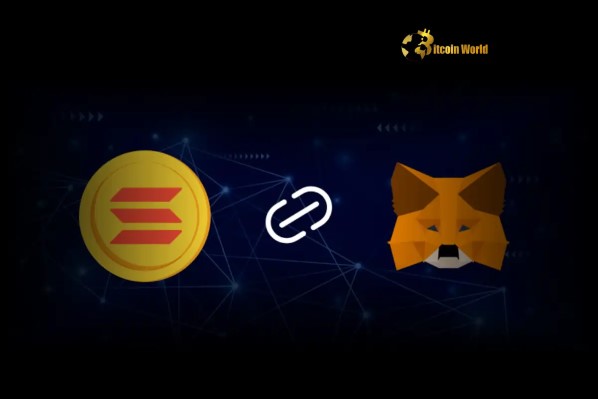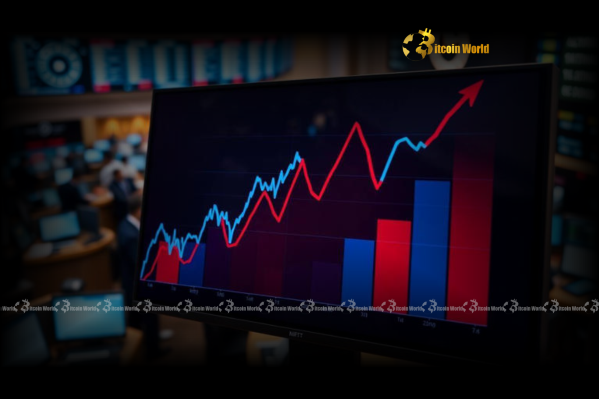In the world of venture capital, investors often follow similar paths, chasing the latest hot trends. This is why Eric Slesinger stands out. While many American VCs focus on AI or defense companies based in the U.S., Slesinger, a former CIA officer, has turned his attention squarely towards European defense tech. His firm, 201 Ventures, recently closed a $22 million fund specifically targeting seed-stage European defense tech startups. This move is unusual, but Slesinger believes it’s a prescient one.
What Drives VC Investment Europe in Defense?
Slesinger’s journey from the CIA to becoming perhaps the only American VC exclusively focused on European defense tech is compelling. He left his government role because he recognized a significant shift: the private sector was increasingly becoming a key player in the global security landscape, a domain previously dominated by governments. As Slesinger explained in a recent interview, the growing involvement of private companies became undeniably clear, prompting his pivot.
With a background spanning mechanical engineering (Stanford) and business (Harvard), Slesinger was well-equipped to bridge the gap between advanced defense technology and commercial viability. However, it’s his willingness to challenge conventional wisdom that has attracted attention from investors, founders, and journalists. He thrives on exploring areas others avoid, a mindset honed during his time at the CIA, where the mantra was ‘go where others don’t go and do what they can’t do.’
Why Eric Slesinger Sees Opportunity in European Startups
From Slesinger’s perspective, American VCs were overlooking three key factors regarding the European market:
- Talented Entrepreneurs: Europe boasts entrepreneurs who are just as driven, committed, and intelligent as those anywhere else in the world.
- Governments Rethinking Security: European governments were slow to reassess their security strategies but are now taking a critical look, creating new opportunities for private sector innovation.
- Gray Zone Competition: Europe is increasingly becoming a significant theater for ‘gray zone’ activities – actions by state or non-state actors that fall between traditional peace and outright war. This ongoing competition creates a sustained need for new defense capabilities.
This focus on gray zone competition is central to 201 Ventures’ strategy. Slesinger believes these market dislocations, whether due to price inefficiencies or governments seeking sovereign capabilities, represent a strong source of ‘alpha’ or excess returns.
Challenges and Opportunities for Defense Tech Startups
One surprising hurdle Slesinger encountered was cultural resistance towards defense investments in Europe. After moving to Madrid in 2022, he founded the European Defense Investor Network to connect stakeholders. He noted that, unlike in the U.S., discussing defense-related investments in Europe was often seen as inappropriate, something to be done quietly rather than openly. While a slight exaggeration, this cultural hesitancy did deter some founders from entering the space. However, this is changing.
The launch of the NATO Innovation Fund in 2022, a multi-sovereign VC fund backed by 24 NATO allies, has significantly boosted the sector’s profile and legitimacy. The fund is a key backer of 201 Ventures, signaling institutional support for European defense tech. The growing visibility of successful European startups in defense is also shifting perceptions.
Funding defense tech presents unique challenges, primarily longer development cycles compared to typical venture investments. Slesinger acknowledges this tension, stating they must find ways to accelerate or adapt the standard 10-year fund lifecycle. He also suggests that European companies need to engage in more lobbying earlier in their development. These factors raise questions about the timeline for investor returns.
Leading European Startups in Slesinger’s Portfolio
Several innovative companies highlight the potential Slesinger sees in the market. Munich-based Helsing, developing AI for battlefield use, is a prominent example, valued at over $5 billion. Another is Delian Alliance Industries from Athens, creating surveillance towers to detect autonomous threats, which is attracting significant VC interest after its seed round. Polar Mist, a Swedish startup, is producing maritime drones with advanced navigation. Other areas of focus for 201 Ventures include hypersonics and subsurface mapping.
VC Investment Europe: A Changing Landscape
Slesinger’s early vision for a more self-reliant European defense ecosystem is gaining traction. Geopolitical tensions and Europe’s reassessment of its security needs are making this market more attractive to other investors. Data from the NATO Innovation Fund and Dealroom shows a significant trend: European defense and related tech startups raised $5.2 billion in 2024, a 24% increase from 2023, even surpassing AI funding growth in the region. With potential shifts in U.S. foreign policy, this trend of increasing VC investment Europe in defense is likely to continue.
Summary
Eric Slesinger’s focused investment in European defense tech represents a bold, contrarian bet on a market undergoing significant transformation. Driven by a belief in European talent, evolving government needs, and the reality of gray zone competition, 201 Ventures is tapping into opportunities often overlooked by mainstream American VCs. While challenges like longer development timelines exist, the increasing investment flow, spurred partly by initiatives like the NATO Innovation Fund, suggests Slesinger’s early insight into the potential of defense tech startups in Europe is proving correct. The market for European defense innovation is clearly on the rise.
To learn more about the latest AI market trends, explore our article on key developments shaping AI features.






